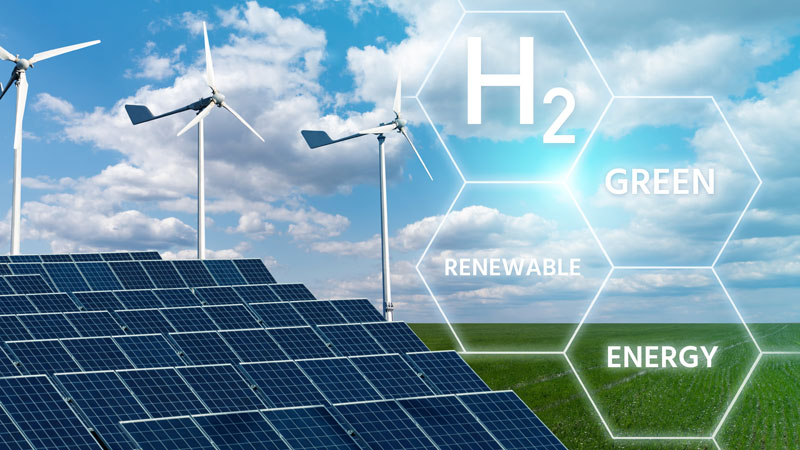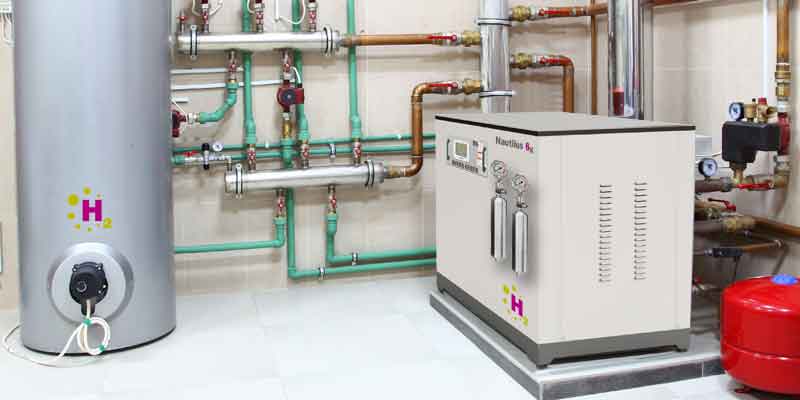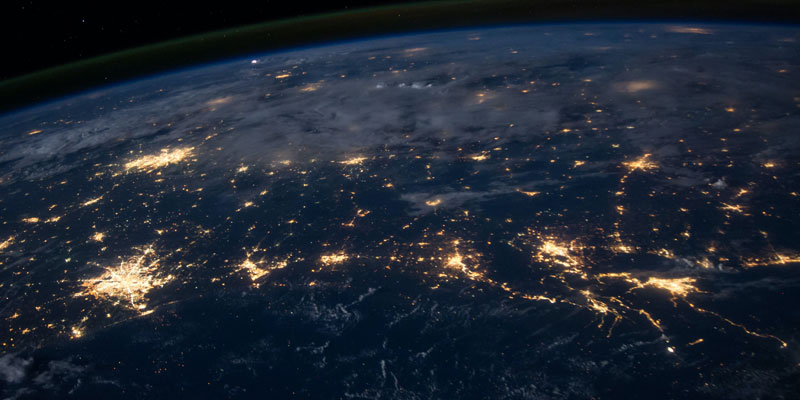Hydrorgen

Hydrogen is the simplest element in the universe and the main component of stars.
It is a fundamental chemical element in the universe and is present everywhere (from wine to petrol, from water to our own bodies, etc.) with a high percentage incidence (much higher, in each case, than that of all the other elements which are present in these natural or man-made products).
But, as mentioned, it is never found alone (as an isolated chemical element).
In this phase of human progress (twenty-first century), thanks to new applications of electrochemical principles, it is now possible to biunivocally identify hydrogen with electrical energy (a direct equivalence), thanks to fuel cells.
Hydrogen is the lightest and most abundant element and when used emits only two byproducts: water and heat.
It means that once produced (in a green way from renewables) or with other "dirtier" methods, see below) I can use it anywhere because the fuel cells transform it into electricity.
But there is a certain loss (all machines have them) which is still small compared to motors (obviously there is some small energy dispersion because no machine is without losses due to a thermodynamic principle. Even the costs of fuel cells are much more reduced compared to 20 years ago.
Hydrogen is therefore to be considered an energy carrier which, through its passage through the two electrodes and membranes of these special batteries (the fuel cells, powered by hydrogen), is transformed directly into electric current, also generating heat.
The process is electrochemical (without mechanical friction). So, we can say “hydrogen=electricity”. The great advantage is that we can produce hydrogen at point A) and use it at point B) with almost no dispersion, even at great distances.
Someone is even thinking of producing hydrogen with the Sahara sun and bringing it (via "hydrogen-ferrous" ship) to Europe. But much more simply I can produce hydrogen from the photovoltaic system on the roof and then provide electricity and/or heat the house (better a condominium for installation costs).
H2 UE Roadmap 2030

8 Mton
Less CO2 emissions
The increase in CO2 causes very negative effects on the planet such as increasing temperatures.

5 GW
Ability to produce hydrogen with electrolysis.
To produce hydrogen, which is not present in nature, chemical reactions are used to break down molecules of water or methane, which contain hydrogen.

2 %

 Italiano
Italiano


